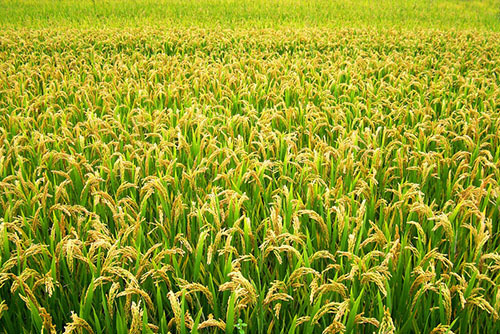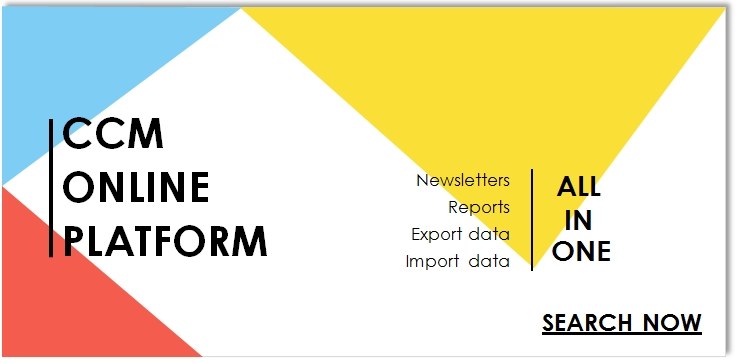Generally, the first half of the year means
peak season for the production and sales of pesticides in China, but this year
the whole market remains depressed, which badly affected the herbicide market.

Source: Bing
The transaction prices of paraquat,
glyphosate and glufosinate-ammonium kept falling and, although transaction
volumes of the latter two showed uptrend thanks to the filling up of some
market shares left by paraquat AS, glyphosate and glufosinate-ammonium markets
were still sluggish.
- Glyphosate
Recently, the United Nations and the World
Health Organization reported that there is no actual danger for glyphosate to
cause cancer to human but, despite that, the future of glyphosate still remains
to be seen in the EU market. In June 2016, the European Union (EU) decided to re-authorize
glyphosate for further 18 months, and in July, EU countries accepted related
limiting conditions for using glyphosate.
If glyphosate is banned after 18
months, then its circulation and development in the world will be greatly
impacted – the sales will be hindered in the EU market and other countries
might follow the EU's example and ban glyphosate.
At the moment, the glyphosate market is
still in bad shape, with a sufficient market supply but a weak downstream
demand especially from overseas. CCM predicted that the market is going to stay
depressed in the long term with rigid demand. Consequence of that, the price
will stay low.

- Glufosinate-ammonium
Although glufosinate-ammonium price hit a
record low, the transaction volume of TC did rise to some extent and as soon as
paraquat AS exited the market, glufosinate-ammonium formulations started
enjoying higher cost performance with mounting registrations.
However, the
rapidly expanded production capacity leads to serious oversupply. Currently, domestic
main glufosinate-ammonium manufacturers are Zhejiang Funong Bio-technology Co.,
Ltd., Sichuan Lier Chemical Co., Ltd., Hebei Veyong Bio-Chemical Co., Ltd.,
Inner Mongolia Jiaruimi Fine Chemical Co., Ltd. and so on. Most of them have
plans for capacity expansion.
- Paraquat
Industry insiders are worried about the
future of paraquat as it is likely to be banned by the international market.
Now, domestic enterprises have to take measures to cope with the continuously
falling paraquat price. Shandong Luba Chemical Co., Ltd. has disclosed to
invest a large sum in developing pyridine series, while Nanjing Red Sun Co.,
Ltd. has decided to reduce paraquat TK capacity to 20,000 t/a and vigorously
develop downstream products of pyridine.
- Amide herbicides
Although the market recovered in early 2016
with price rebound, price fell back at the end of Q2 along with the coming
slack season. At the moment, market prices of mainstream amide herbicides like
acetochlor TC, metolachlor TC, metolachlor TC and pretilachlor TC stand still.
As summer comes, domestic pesticide TC
market enters slack season, but the demand for sterilant herbicides and wheat
herbicides is still strong. Notably, some products are likely in tight supply
because environmental protection calls for capacity reduction. As a result, in
Q3, seasonal products that are in demand will draw great attention, and their
prices may fluctuate.
This article comes from Herbicides China News 1607, CCM

About CCM:
CCM is the
leading market intelligence provider for China’s agriculture, chemicals, food
& ingredients and life science markets. Founded in 2001, CCM offers a
range of data and content solutions, from price and trade data to industry
newsletters and customized market research reports. Our clients include Monsanto,
DuPont, Shell, Bayer, and Syngenta. CCM is a brand of Kcomber Inc.
For more information about CCM, please
visit www.cnchemicals.com or get in touch with us
directly by emailing econtact@cnchemicals.com or calling
+86-20-37616606.
Tag: Glyphosate Paraquat pesticides herbicide